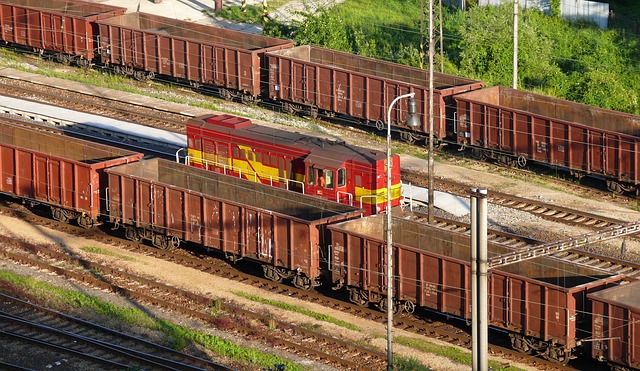
Indian Railways has announced plans to develop an additional 200 Gati Shakti multi-modal terminals. This ambitious endeavour seeks to alleviate congestion on existing tracks while bolstering freight earnings, marking a significant leap forward in the nation’s transportation infrastructure.
According to officials familiar with the discussions, the average cost per terminal is estimated to be around Rs 70 crore, translating to a substantial investment of approximately Rs 14,000 crore for the entire project. These terminals are envisioned as pivotal nodes in the transportation network, facilitating seamless movement of goods across diverse industry sectors.
The first phase of implementation is already underway, with 100 multi-modal terminals slated for completion by the fiscal year 2024-25. Impressively, around 77 terminals have already been commissioned across key states including West Bengal, Jharkhand, Odisha, Telangana, Tamil Nadu, and Uttar Pradesh. These terminals serve as crucial hubs connecting major industrial centers such as Paradip, Jasoda, and Dahej, among others.
A notable aspect of this initiative is the emphasis on private participation in terminal development. Private players are encouraged to invest in and construct terminals on either Railway or non-Railway land, with operators selected through a transparent tendering process. This collaborative approach is expected to infuse dynamism into the project while leveraging the expertise and resources of the private sector.
Railways are steadfast in their commitment to expanding their share of the country’s freight traffic, aiming to increase it from the current 29 per cent to an ambitious 35 per cent by the year 2030. This strategic vision underscores the pivotal role of railways in driving economic growth and facilitating trade across diverse sectors.
Furthermore, the development of these multi-modal terminals is poised to yield multiple benefits, including accelerated goods movement and decongestion of tracks, which will in turn enhance the efficiency of passenger train services. With a focus on enhancing connectivity and boosting economic productivity, Indian Railways remains at the forefront of India’s transportation revolution.
In parallel with this ambitious terminal development program, Indian Railways continues its steadfast commitment to expanding its track network. With plans to add 5,000 km of new tracks annually for the next three to five years, the Railways are laying the groundwork for sustained growth and prosperity in the years to come.

